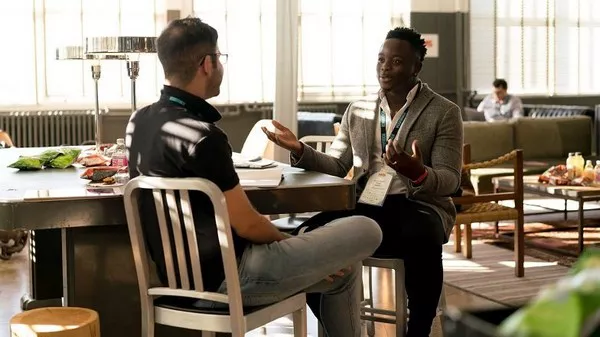The landscape of education in New Zealand is undergoing a notable transformation, with a steady increase in the number of students turning to distance learning as an alternative to traditional in-person schooling. Recent data reveals a 32 percent rise in correspondence school enrolments since 2018, signaling a shift in how education is being accessed across the country.
One of the key voices shedding light on this trend is Penelope Barton, CEO of Crimson Global Academy, who recently spoke with broadcaster Mike Hosking on Newstalk ZB. According to Barton, social anxiety is emerging as a significant factor driving students and families to consider online learning options.
“There’s a growing cohort of students who feel overwhelmed or anxious in traditional classroom settings,” Barton explained. “For these learners, the online environment provides a sense of safety and control that helps them succeed academically.”
Barton also pointed out that some students are opting for distance learning because traditional schools aren’t offering enough academic challenge. “We’re seeing highly motivated students who feel held back in conventional classrooms. Online platforms, especially ones offering advanced curricula, are giving them the opportunity to accelerate their learning.”
This dual motivation—mental health considerations and the desire for academic rigor—reflects a broader trend in how parents and students are approaching education in the post-pandemic world. While distance learning was initially seen as a stopgap during lockdowns, it is now being embraced by a growing number of families as a long-term educational solution.
Crimson Global Academy, which offers an internationally recognized online curriculum, has witnessed increasing demand from students not only in New Zealand but globally. Their flexible model allows learners to study at their own pace while accessing high-quality teaching and a supportive virtual environment.
Still, the shift is not without its challenges. Educators and policymakers are working to ensure that the rise in distance learning is matched with adequate support systems, from digital infrastructure to pastoral care, to make sure students remain engaged and well-supported.
As the education sector continues to evolve, Penelope Barton’s insights highlight the importance of understanding the diverse needs of students. Whether it’s due to social anxiety or a hunger for more academic depth, the growth in online learning signals a need for greater personalization in how education is delivered.
Related topics:















